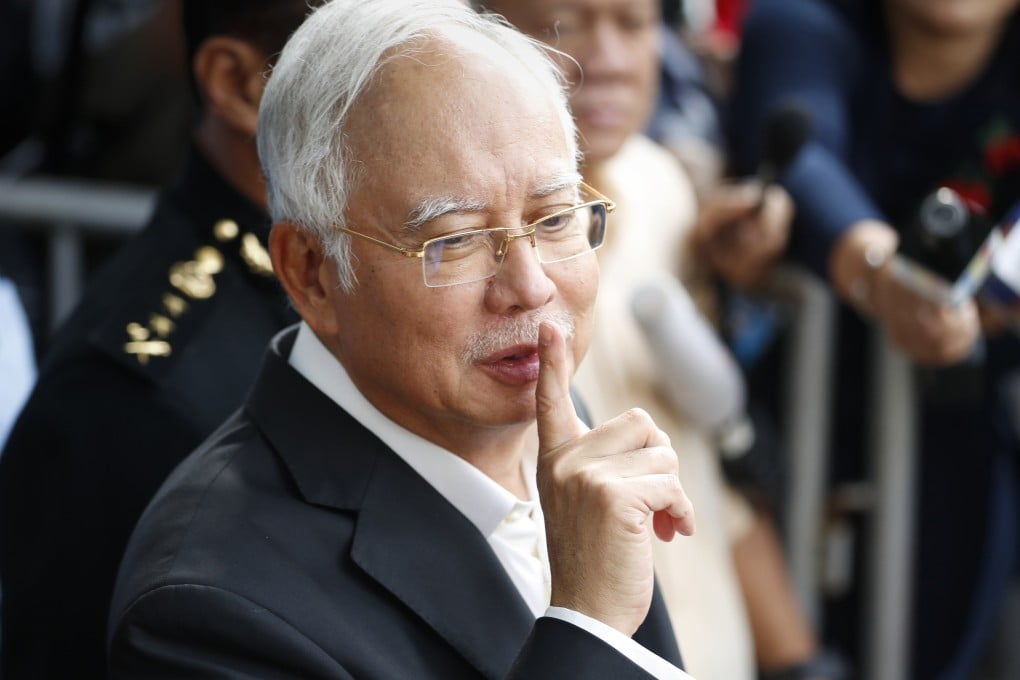Letters | Despite Najib’s imprisonment, feudalism will persist in Malaysian politics
- As long as the pre-eminence of the state sultanate system and king is underscored by Malay identity politics and political Islam, feudalism will continue
- Besides, it is not yet clear former prime minister Najib Razak’s political influence has dwindled

I am writing to respond to “Malaysia’s ex-PM Najib’s eventual conviction shows feudalism not forever” (September 24) in which James Chai seems to suggest that Malaysia is finally ridding itself of the Malay feudalistic political system because the relationship between the political master or ruler and his servants or subjects has changed with the imprisonment of Najib Razak.
Underlying Chai’s reasoning is an ipso facto determinant extolled in the problematic tradition of the North American modernisation school. This school has lent itself to spurious linear thinking. An example is that flourishing market capitalism will lead to, ipso facto, political liberalisation or democracy. This has been challenged and dismissed, just as free-market capitalism has been challenged and dismissed in the wake of Asia’s “economic miracles”.
Malay feudalism has survived the country’s political and economic crises and scandals since the 1960s, and it will in spite of Najib’s crimes and imprisonment. As long as the pre-eminence of the state sultanate system and of the king is underscored, crucially, by Malay identity politics and (competing) political Islam, feudalism in Malaysia will persist.
Malay feudalism should not be confused with the acerbic forms of Malay patronage politics practised at all levels of Malay “society”, and also by Malaysia’s racial minorities and businesses. Malay patronage politics lies in the hands of Malay “strongmen” who wield political power through their proxy control of the means of production – money, whether legitimately or illegitimately acquired, and distributed to win general Malay support at the societal level. It is a form of political and material corruption with direct links to the kleptocracy of the ruling Malay political class.